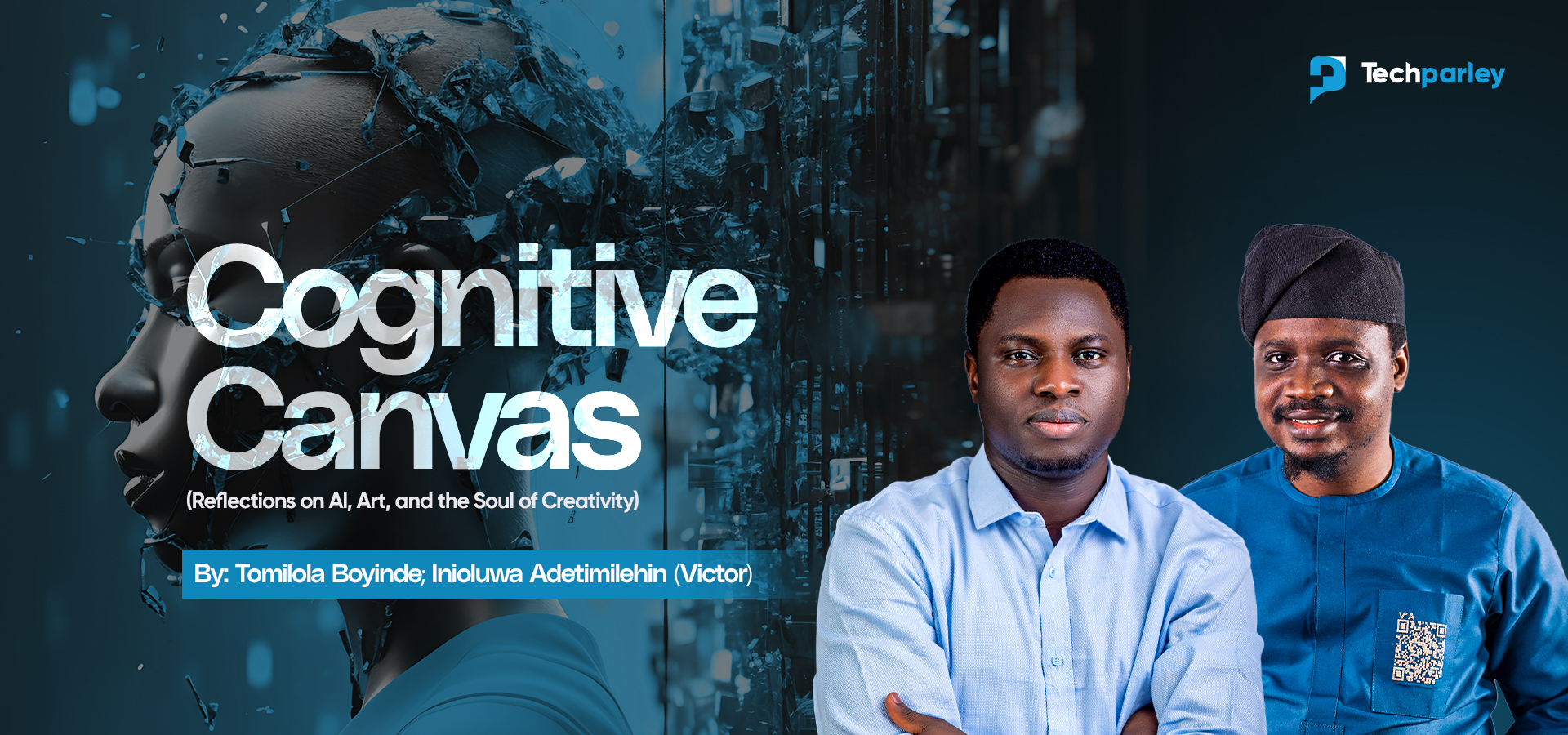Nigerian startup, KrosAI, is making artificial intelligence accessible to users without reliable internet or formal literacy by enabling AI interactions through simple phone calls.
In areas where poor internet connectivity makes access to apps nearly impossible, a simple phone call can now connect users to an AI assistant. These services are accessible within seconds; thanks to KrosAI.
Firima believes the next frontier is artificial intelligence. Its flagship product, Oracle, allows users to receive real-time banking, healthcare, educational, and e-commerce assistance over the phone.
“A decade ago, Africa’s biggest challenge for businesses was payments,” Firima, founder of KrosAI said. “Now, these businesses want to expand across emerging markets, but language barriers hold them back from reaching markets where attracting customers requires knowing local languages.”
What You Should Know
When ChatGPT gained global attention in 2023, Firima noticed a blind spot: most AI tools catered to high-resource languages.
While freelancing on Fiverr, Firima lost a client in The Gambia after repeated miscommunications caused by inaccurate translations through Google Translate. This was when the problem hit him and felt the urge to create a change.
This experience inspired Firima to fine-tune open-source AI models using local language datasets. But he soon recognized an even larger opportunity: voice.
KrosAI’s flagship product, according to the team, enables banks, telcos, e-commerce companies, and healthcare providers to interact with customers in native accents and languages.
Currently, the voice tools support accented Nigerian, South African, Kenyan, and Ghanaian English, with plans to expand to more local languages in the coming weeks.
What This Means
For users with unreliable internet access, Oracle is revolutionary. Launched in July 2025, the team says it allows anyone to call a number and receive real-time AI assistance.
In Nigeria, where less than 40% of the population uses the internet, experts say this phone-based solution bridges the digital divide.
KrosAI leverages Meta’s open-source Llama models for multilingual datasets and training models on Microsoft and Google Cloud platforms using startup credits.
“We don’t resell tokens, we generate our own, we host the entire stack ourselves, from text to speech to the automatic speech recognition,” he says. “We fine-tune on the cloud platforms and deploy the models on them.”
He also welcomes recent efforts by MTN and Airtel to provide Naira-priced cloud and AI infrastructure, which could help startups handle heavy workloads affordably.
Understanding KrosAI’s Future Outlook
Despite challenges, Firima is optimistic. The KrosAI team will soon showcase its products at TechCrunch Startup Battlefield in San Francisco, connecting with global investors and potential partners.
Firima believes that while some investors focus on startups adding AI features, equal attention should go to those building the underlying infrastructure enabling localized AI integration.
Experts note that by enabling banking, healthcare, and educational support through voice in local languages, KrosAI is targeting precisely the segment left out of both internet-driven fintech and traditional financial services.
Talking Points
It is significant that KrosAI has localized its AI assistant, Oracle, to work through voice calls in multiple African accents, directly addressing two of the continent’s biggest barriers to digital adoption: weak internet connectivity and limited literacy.
At Techparley, we observe how KrosAI’s model of embedding AI into simple phone interactions could help banks, telcos, e-commerce players, and healthcare providers expand their services to millions who are currently excluded from internet-based platforms.
The ability of Oracle to deliver customer support, healthcare guidance, financial information, and education through ordinary phone calls positions it to bridge the gap between formal systems and underserved communities.
However, scaling such a solution will depend on overcoming challenges around dataset quality, cloud infrastructure costs, and Africa’s shortage of AI engineering talent. Partnerships with telcos, cloud providers, and financial institutions will be critical to sustaining growth.





